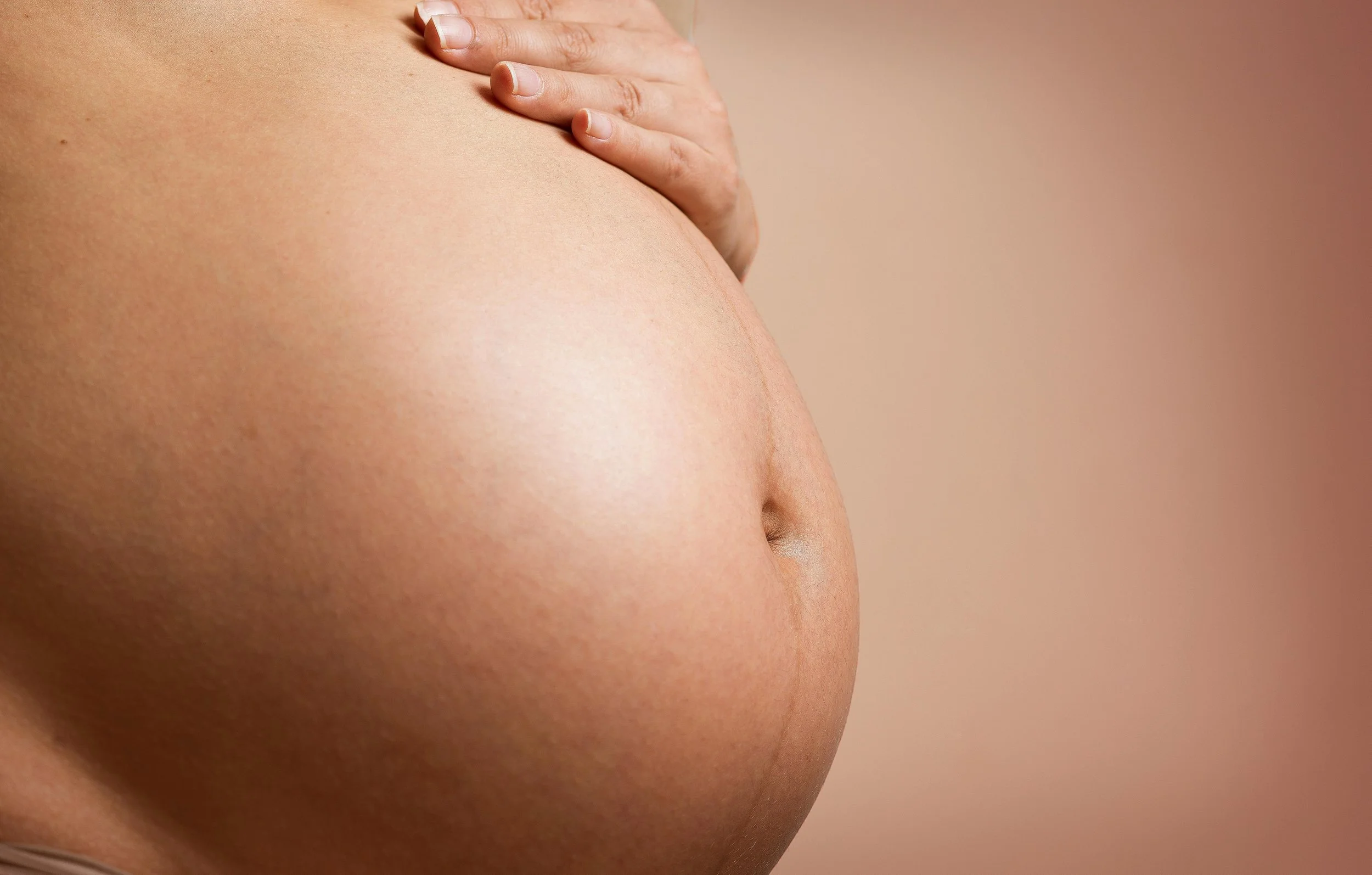Acupuncture
A Brief Introduction

What is Acupuncture?
Acupuncture is a therapeutic practice rooted in Traditional Chinese Medicine (TCM) that involves the insertion of very thin, sterile needles into specific points on the body known as acupoints. The purpose of acupuncture is to stimulate these points along pathways called meridians to restore the flow of Qi (pronounced “chee”), or vital energy, and to promote natural healing and balance within the body.
The Wellspring Integrative Approach
Wellspring Health uses Acupuncture alongside Conventional medicine in an integrative healthcare model. We love science and we love working with conventional medical Doctors. This approach combines the strengths of both systems, offering a broader range of treatment options and emphasizing the prevention of disease as well as the treatment of existing conditions.

How Acupuncture Works:
Acupuncture is based on the principle that health is achieved when the body’s Qi flows freely along the meridians, maintaining balance between the body’s systems. When the flow of Qi is disrupted—due to factors like stress, injury, or illness—pain and other symptoms can arise. By inserting needles into specific acupoints, acupuncture aims to:
Regulate the Flow of Qi:
Restore the balance of energy within the body’s meridians.Stimulate the Nervous System:
Acupuncture points are thought to interact with the central and peripheral nervous systems, stimulating the release of natural pain-relieving chemicals (like endorphins) and modulating pain signals.Promote Circulation:
Improve blood flow and nutrient delivery to tissues, reducing inflammation and enhancing healing.Release Tension and Blockages:
Relieve muscle tension and alleviate pain by releasing tight muscles and soft tissue restrictions.
Acupuncture Techniques:
In addition to traditional needle insertion, there are several specialized techniques and adjunct therapies used in acupuncture, including:
Electroacupuncture:
Involves attaching small electrodes to the needles to deliver a gentle electrical current, enhancing the therapeutic effects.
Moxibustion:
The use of the herb mugwort (moxa) to warm specific acupoints, promoting circulation and alleviating cold or stagnant conditions.
Cupping Therapy:
The placement of glass or silicone cups on the skin to create suction, improving circulation and releasing muscle tension.
Acupressure:
Applying pressure to acupoints without needles, often used in cases where needles are not suitable or for sensitive patients.
Auricular (Ear) Acupuncture:
The use of specific points on the ear, which correspond to different parts of the body, to address conditions like addiction, anxiety, and pain.
Conditions We Treat With Acupuncture
Acupuncture is used to address a wide variety of health conditions, including but not limited to:
Fertility & Pregnancy:
Female & Male Infertility, IVF/IUI, Labor Induction & Delivery, Trimester & Post Pardum Supports, and Lactation.Pain Management:
Chronic pain, arthritis, back and neck pain, migraines, and sciatica.Digestive Issues:
Irritable bowel syndrome (IBS), nausea, and gastritis.Mental Health and Stress:
Anxiety, depression, insomnia, and stress management.Women's Health:
Menstrual disorders, fertility support, menopause symptoms, and pregnancy-related conditions.Respiratory Conditions:
Allergies, asthma, and sinusitis.Neurological Disorders:
Stroke rehabilitation, Bell’s palsy, and peripheral neuropathy.
What to Expect During an Acupuncture Session
Initial Consultation:
The acupuncturist will ask about your health history, current symptoms, and any lifestyle factors that may influence your condition.Diagnosis and Treatment Plan:
A diagnosis will be made based on TCM principles, which may include pulse diagnosis, tongue observation, and an evaluation of your symptoms.Needle Insertion:
Thin, sterile needles are gently inserted into specific acupoints based on your diagnosis. Most people feel little to no pain upon insertion, though you may experience a slight tingling or warming sensation.Relaxation Period:
The needles are typically left in place for 15–30 minutes while you relax. Some people feel deeply relaxed, and it is not uncommon to fall asleep during the session.Needle Removal and Aftercare:
The needles are carefully removed, and you may be given additional recommendations for lifestyle, diet, or herbal therapies based on your needs.
Safety and Efficacy
Acupuncture is generally considered safe when performed by a licensed and trained practitioner. The needles used are single-use, sterile, and disposed of after each session. Most patients report a sense of relaxation and well-being after treatment.
Acupuncture has been extensively researched, and while evidence is strongest for its effectiveness in pain management, studies have also shown benefits in treating conditions such as anxiety, depression, digestive issues, and more.
Resources & Links to Learn More
Acupuncture has been extensively studied for its potential benefits across various health conditions. Here are five notable clinical studies from different sources highlighting its positive effects:
Acupuncture for Chronic Pain: Individual Patient Data Meta-analysis
This meta-analysis pooled data from 29 randomized controlled trials with nearly 18,000 patients, concluding that acupuncture effectively treats chronic pain (such as back pain and osteoarthritis) with long-lasting effects. Source: Vickers et al., The Journal of Pain (jpain.org)The Effect of Acupuncture on Postoperative Pain Management
This systematic review examined acupuncture's impact on postoperative pain, finding it significantly reduced pain levels and opioid requirements in post-surgery patients. Source: Sun et al., British Journal of Anaesthesia (bjanaesthesia.org)Acupuncture for the Treatment of Chemotherapy-Induced Peripheral Neuropathy in Cancer Patients
A randomized controlled pilot study demonstrated that acupuncture significantly improved symptoms of peripheral neuropathy and enhanced the quality of life in patients undergoing chemotherapy. Source: Greenlee et al., Supportive Care in Cancer (springer.com)Acupuncture for Depression and Anxiety in Primary Care: A Pragmatic Randomized Controlled Trial
Conducted in the UK, this study assessed acupuncture for depression and anxiety in primary care settings, showing significant improvements in mood compared to usual care alone. Source: MacPherson et al., PLoS Medicine (journals.plos.org)Acupuncture for Insomnia: A Systematic Review and Meta-analysis
This review found that acupuncture improved sleep quality and duration in patients with insomnia, making it a viable non-pharmacological treatment. Sleep Medicine Reviews (sciencedirect.com)
These studies underscore acupuncture's potential benefits in managing various health conditions, including chronic pain, depression, postoperative pain, chemotherapy-induced neuropathy, and insomnia.















